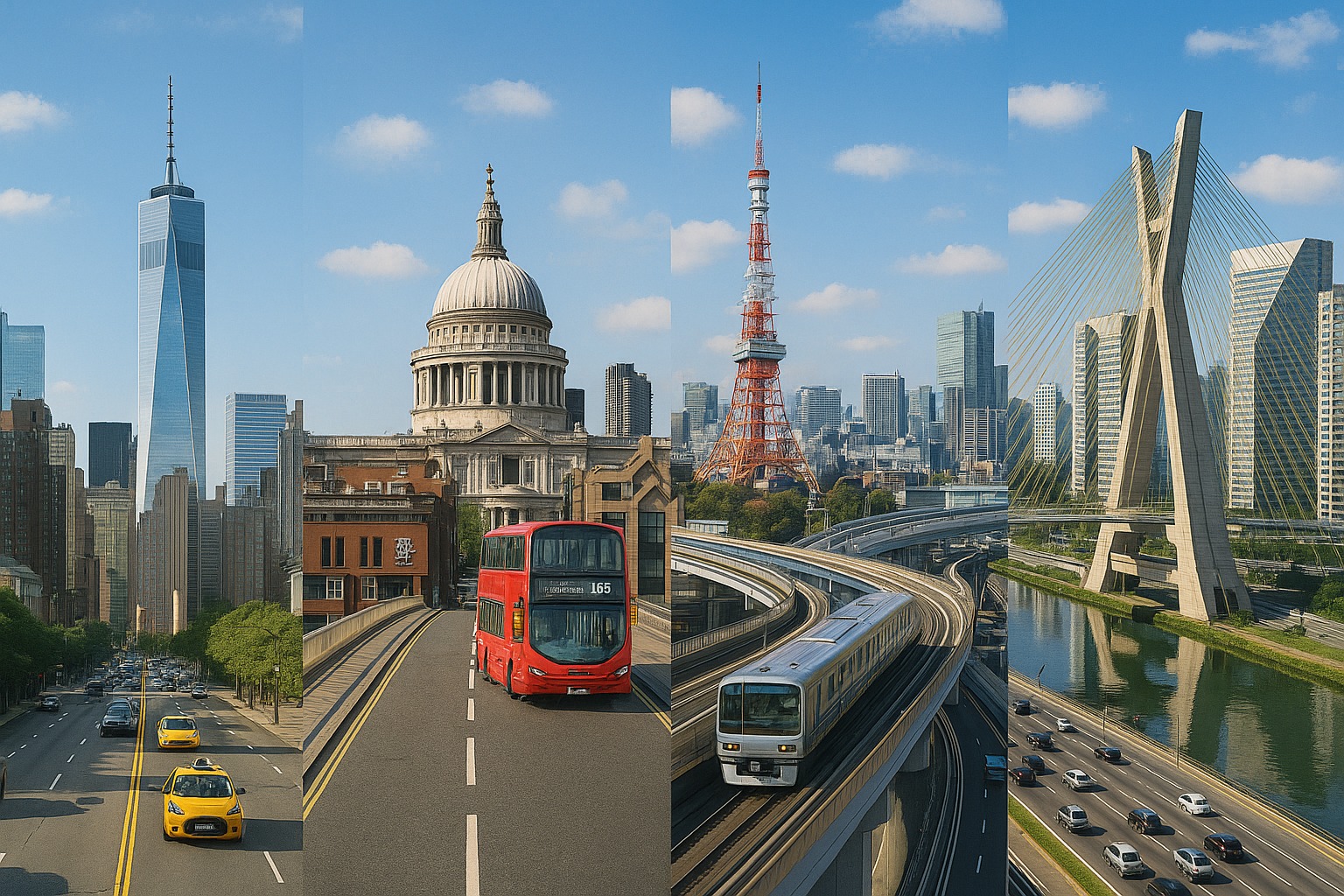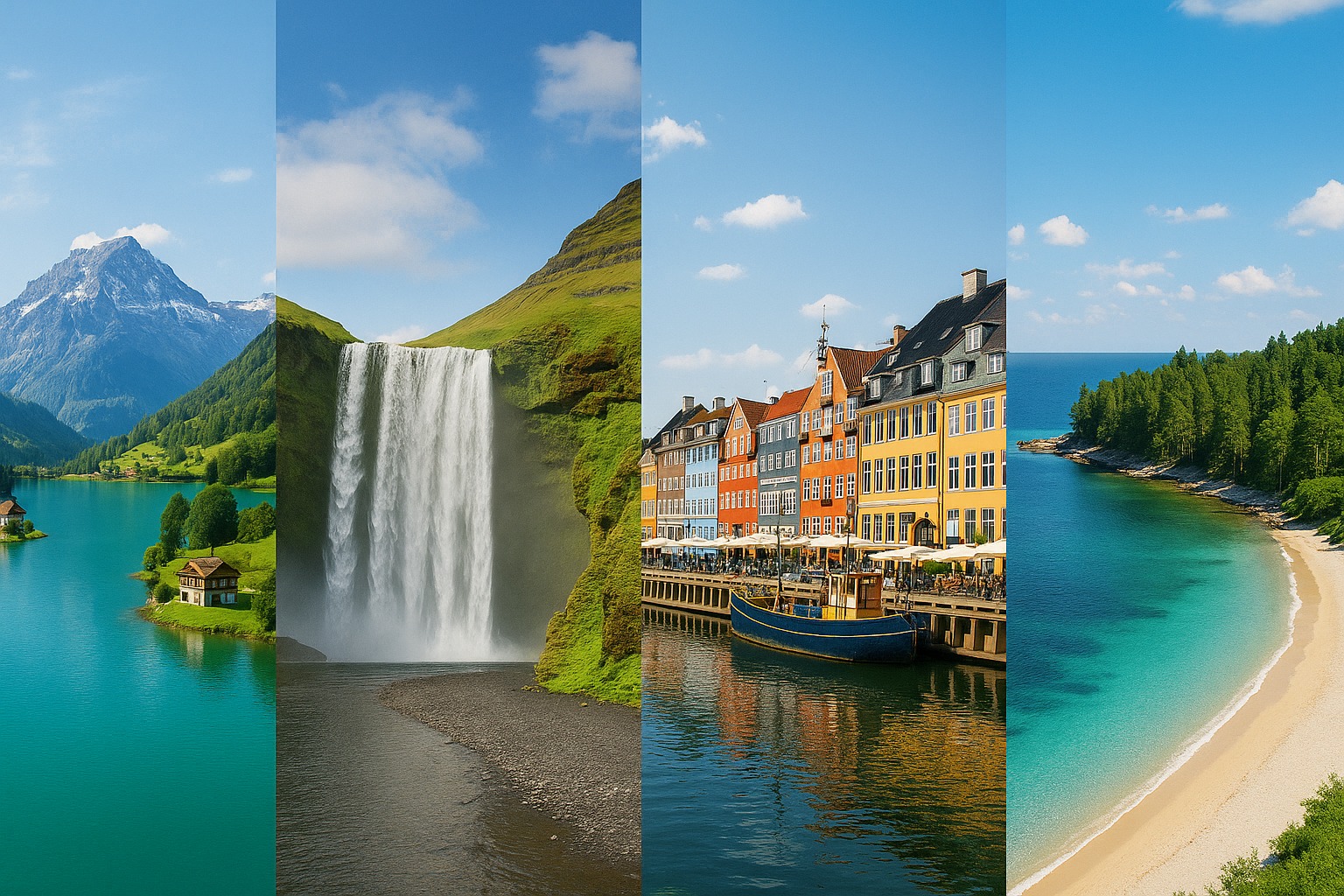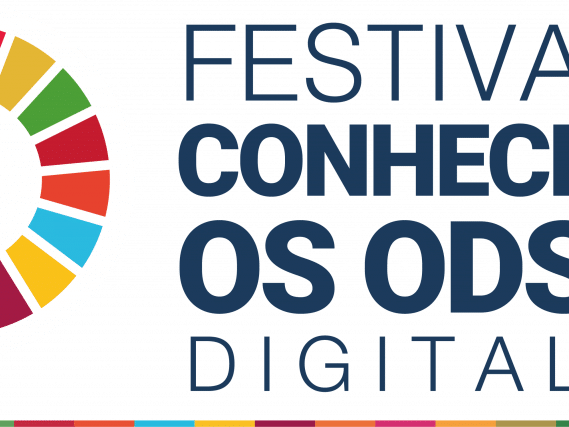There are several relevant pillars in building a more sustainable planet, among them we need to look at energy efficiency, which means generating the same amount of energy with fewer natural resources or getting the same service ("doing work") with less energy. It is one of the Sustainable Development Goals and has its goals to ensure universal access to sustainable sources and affordable prices and thus successfully meet the demand that is increasingly increasing on the planet.
Many are the ways and solutions to increase energy efficiency as wind energy, solar energy, biomass, ocean, among others. These sources we are talking about in a macro way, where companies and governments responsible for energy distribution should be seeking this transition to more sustainable sources, but these solutions they unfold and can also be looked at by companies in general, where they can seek to adapt these workplaces and also by each of us individuals, seeking to bring energy awareness to our daily lives and our homes, understanding the classifications of appliances and good practices to collaborate in a general way with this theme.
And there are still many obstacles to bring energy efficiency to scale, so that this transition is fully realized, a new market (not so new) for most, has been bringing guidelines for implementation, which goes through new regulations and discussions involving various sectors of society on the implementation of the topic on a large scale.
Being one of the UN's Sustainable Development Goals, some of the targets and directions for the theme thinking about this decade are:
- By 2030, ensure universal, reliable, modern, and affordable access to energy services.
- By 2030, substantially increase the share of renewable energy in the global energy mix.
- By 2030, double the global rate of improvement in energy efficiency.
- By 2030, strengthen international cooperation to facilitate access to clean energy research and technologies, including renewable energy, energy efficiency, and advanced cleaner fossil fuel technologies, and promote investment in energy infrastructure and clean energy technologies.
- By 2030, expand infrastructure and modernize technology for the provision of modern, sustainable energy services for all in developing countries, particularly the least developed countries, small island developing states, and landlocked developing countries, in accordance with their respective support programs.
In line with the UN's proposal, which constantly reminds us that we are in "the decade of action", thinking of contributing to the development and education of this theme in our country, NTICS Projects inaugurated in December 2022 in Manaus, a museum space that invites us to reflect on the theme in a global and individual way. Understanding the importance of this theme in the Amazon, the proposal is that together we bring large-scale awareness and urgency of transition in our habits and choices inherent to the theme, bringing into our daily lives more sustainable sources, whether in our cities, companies or within our homes.
It is expected that 4000 students from the region will be brought to the space to learn about and talk about energy efficiency, so different generations from different sectors of society will converge towards a healthier place on our planet. For more information, about the space you can go to: www.ntics.com.br/ceea



